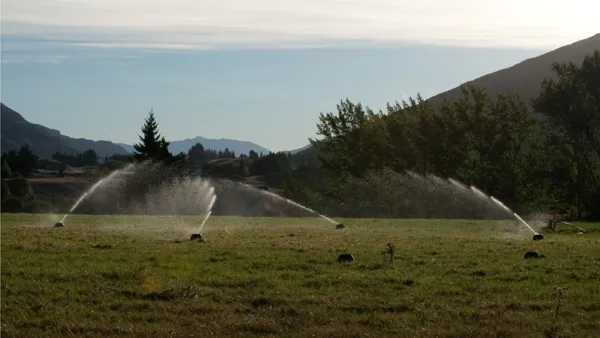Irvin Dawid discovered Planetizen when a classmate in an urban planning lab at San Jose State University shared it with him in 2003. When he left San Jose State that year, he took with him an interest in Planetizen, if not the master's degree in urban & regional planning.
As a long-time environmental activist, he formed the Sustainable Land Use committee for his local Sierra Club chapter and served six years on the Bay Area Air Quality Management District’s Advisory Council from 2002-2008. He maintains his interest in air quality by representing Sierra Club California on the Clean Air Dialogue, a working group of the Calif. Environmental Dialog representing business, regulatory and public health/environmental interests.
Major interests include transportation funding, e.g., gas taxes, vehicle miles traveled (VMT) fees, road tolls and energy subsidies that lead to unlevel playing fields for more sustainable choices.
He hails from Queens (Bayside) and Long Island (Great Neck); received an AAS in Fisheries & Wildlife Technology from SUNY Cobleskill and a B.S. from what is now Excelsior College.
After residing for three years on California’s North Coast, he’s lived on the San Francisco Peninsula since 1983, including 24 years in Palo Alto. Home is now near downtown Burlingame, a short bike-ride to the Caltrain station.
He’s been car-free since driving his 1972 Dodge Tradesman maxi-van, his means to exit Long Island in 1979, to the junkyard in 1988.
Major forms of transportation: A 1991 'citybike' and monthly Caltrain pass, zone 2-2. "It's no LIRR, but it may be the most bike friendly train in America."
Irvin can be reached at [email protected]
Will Obama's Climate Initiative Become the Obamacare of Regulations?
EPA's new Clean Power Plan Rule has taken on a political life of its own, with coal states adamantly opposed, helping those who allege that the administration is waging a "war on coal." We also look at the basis of the rule in the 1970 Clean Air Act.

Op-Ed: User Fees, Not General Funds, Should Fund Transportation
The Washington Post editorializes against the use of general funds to fill the Highway Trust Fund shortfall ($18 billion annually), whether they be dedicated funds or offsets, and evaluates proposals from President Barack Obama and House Republicans.

What Urban Planners Fail to Grasp in Climate Action Plans
Climate mitigation and adaptation have become de rigeur aspects of urban planning for most cities, according to results from MIT's international Urban Climate Change Governance Survey. What's missing in most plans is the link to economic development.
'Seattle's Greatest Social and Economic Experiment Is about to Begin'
That's how USA Today reporter John Bacon concluded his video on the Seattle City Council's historic vote to increase the city minimum wage to $15/hour in 3-7 years depending on the business. The outcome was never in doubt due to prior deliberations.
Op-Ed: Time to End Reliance on Highway User Fees
It's time to fund federal transportation like most other nations do—rely less on highway user fees that dedicate funds to highways and transition to funding roads from the general fund, perhaps in the same amount that they contribute to GDP.

























